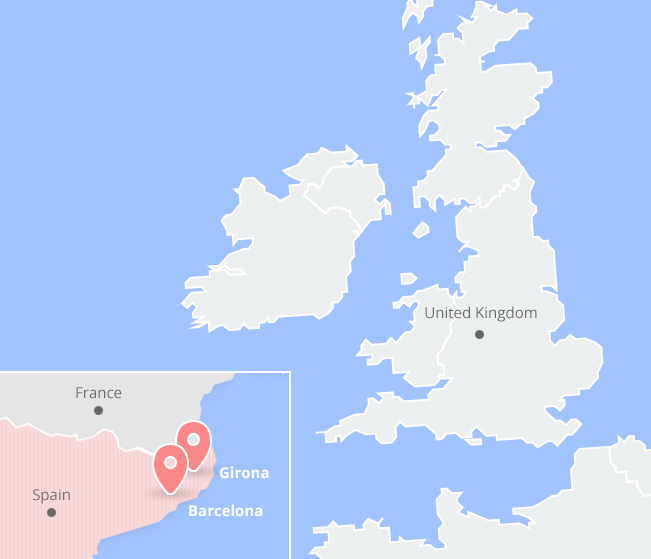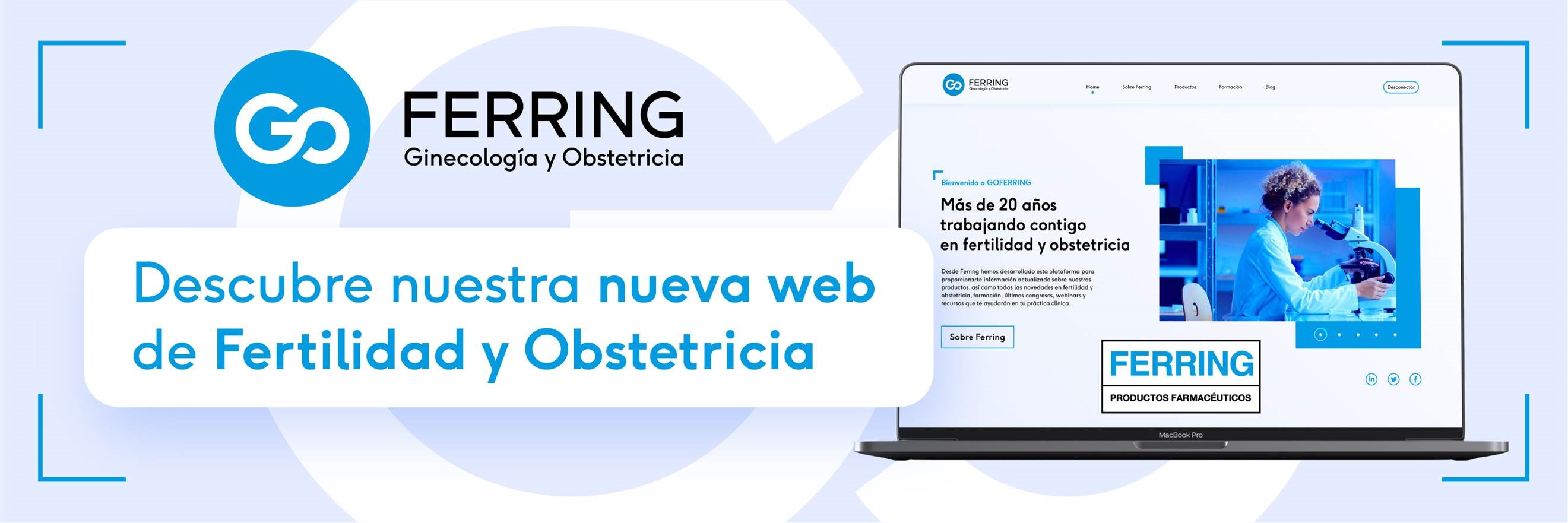IMSI/SUPER ICSI
IMSI is an assisted reproduction technique that specifically selects the best sperm, the sperm with the with the best morphology, capable of fertilising and thus obtaining high quality embryos in an in vitro fertilisation cycle.
With IMSI (Intracytoplasmic morphologically selected sperm injection), you can enlarge the microscopic image of the sperm up to 10,000 times. This enlarged version allows us to identify and rule out sperm with lots of vacuoles or vacuoles that are too large, or sperm with abnormalities in terms of DNA. Only sperm with the best morphology is used to inseminate the oocytes in vitro by ICSI, in other words, microinjecting the selected sperm into the egg by IMSI.
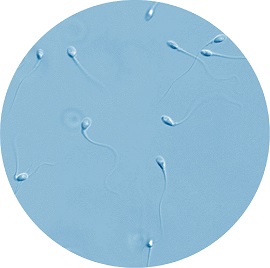
conventional vision
400X
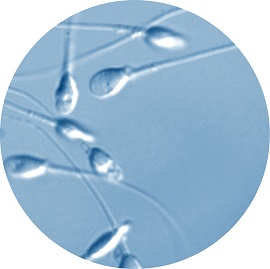
IMSI vision
10.000X
In an IMSI in vitro fertilisation cycle, the basic or conventional selection of sperm is determined by the shape and mobility of the sperm. IMSI (or SUPER ICSI, as some call it) and its capacity to digitally enlarge, gives us a more detailed view of the shape and morphology of the nucleus in the sperm’s head and allows us to identify the presence of harmful vacuoles. It is an assisted reproduction technique that allows us to obtain additional information and to make an effective selection of sperm with the best potential to achieve a pregnancy.
It is a ground-breaking fertility technique and there are very few centres in the world where it is performed on a daily basis.
The most important benefits of IMSI are:
- Higher pregnancy rate
- Lower miscarriage rate
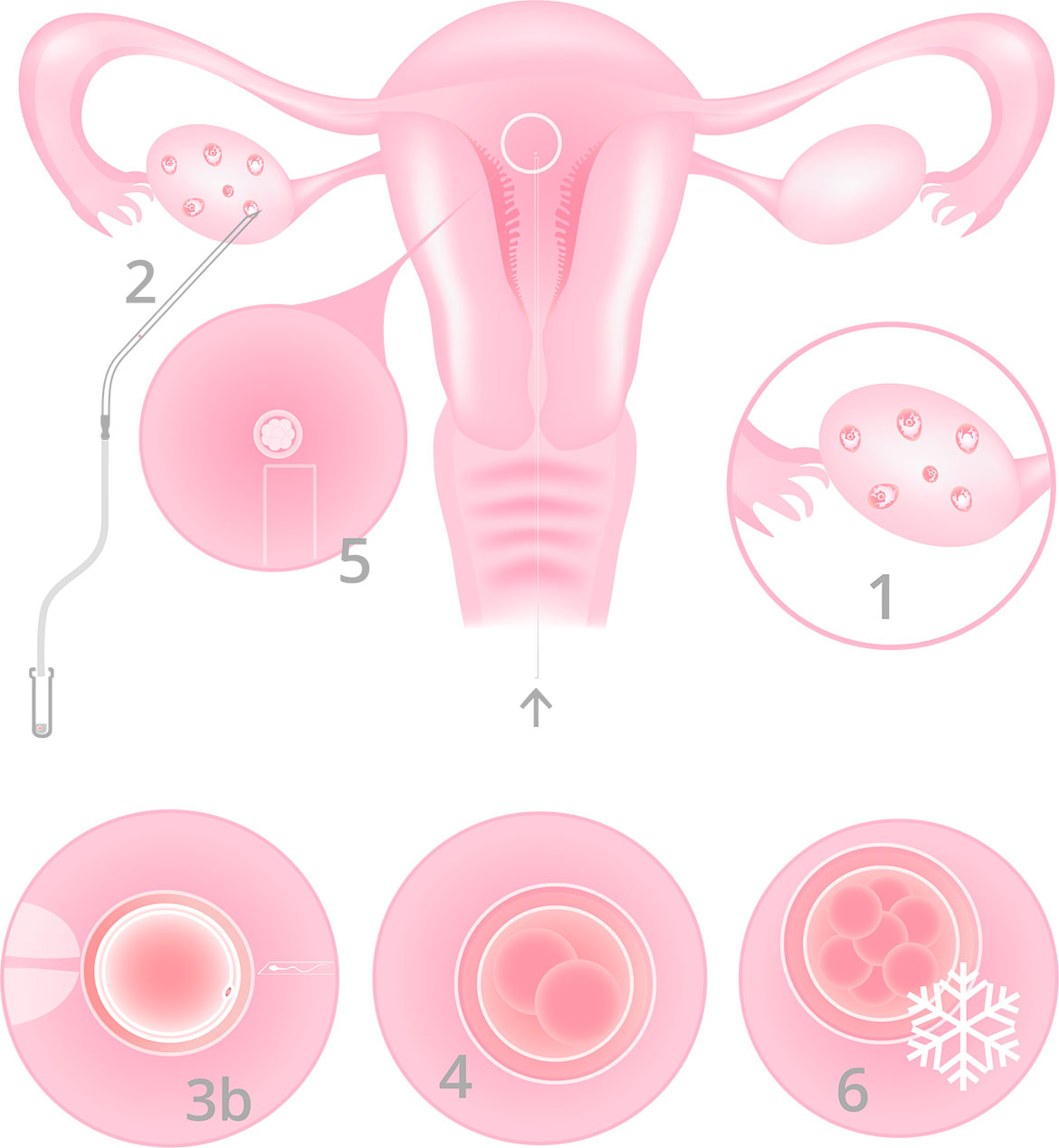
Step by step
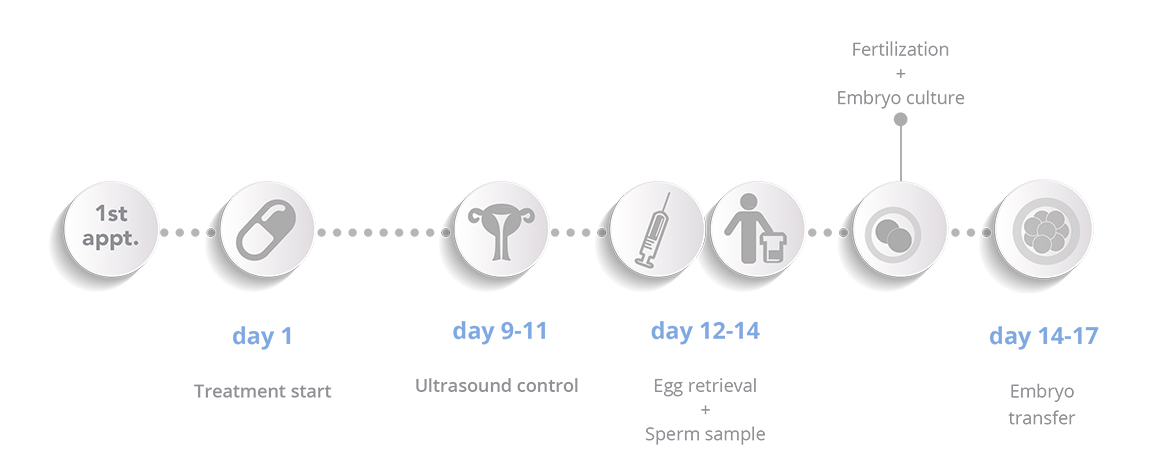
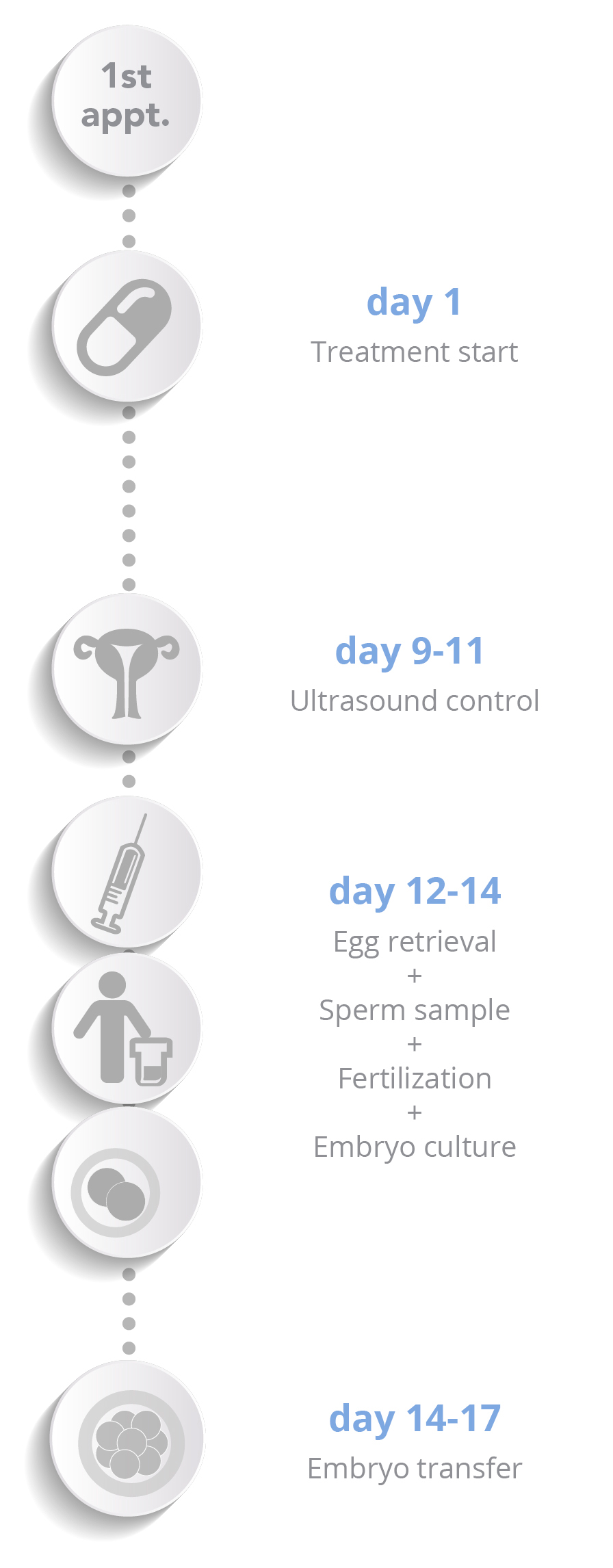




 Español
Español Français
Français Català
Català Italiano
Italiano Русский
Русский




